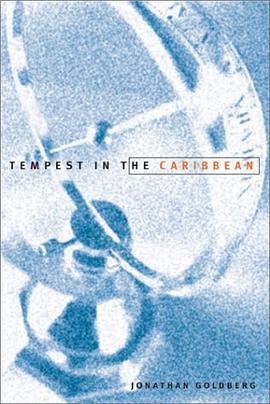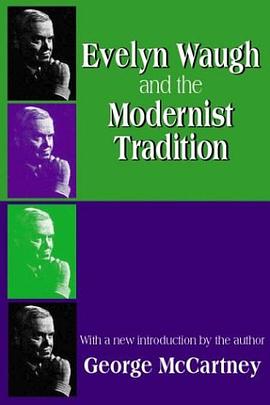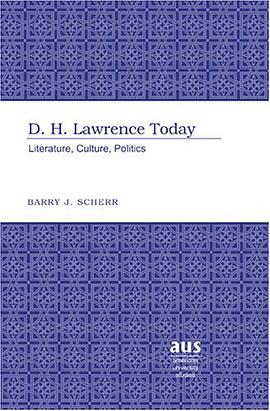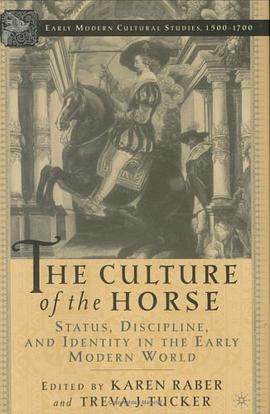

具體描述
Shakespeare's The Tempest has long been claimed by colonials and postcolonial thinkers alike as the dramatic work that most enables them to confront their entangled history, recognized as early modernity's most extensive engagement with the vexing issues of colonialism--race, dispossession, language, European displacement and occupation, disregard for native culture. Tempest in the Caribbean reads some of the "classic" anticolonial texts--by Aime Cesaire, Roberto Fernandez Retamar, George Lamming, and Frantz Fanon, for instance--through the lens of feminist and queer analysis exemplified by the theoretical essays of Sylvia Wynter and the work of Michelle Cliff. Extending the Tempest plot, Goldberg considers recent works by Caribbean authors and social theorists, among them Patricia Powell, Jamaica Kincaid, and Hilton Als. These rewritings, he suggests, and the lived conditions to which they testify, present alternatives to the masculinist and heterosexual bias of the legacy that has been derived from The Tempest. By placing gender and sexuality at the center of the debate about the uses of Shakespeare for anticolonial purposes, Goldberg's work points to new possibilities that might be articulated through the nexus of race and sexuality. Place sexuality at the center of Caribbean responses to Shakespeare's play.
著者簡介
圖書目錄
讀後感
評分
評分
評分
評分
用戶評價
相關圖書
本站所有內容均為互聯網搜索引擎提供的公開搜索信息,本站不存儲任何數據與內容,任何內容與數據均與本站無關,如有需要請聯繫相關搜索引擎包括但不限於百度,google,bing,sogou 等
© 2025 book.quotespace.org All Rights Reserved. 小美書屋 版权所有




















